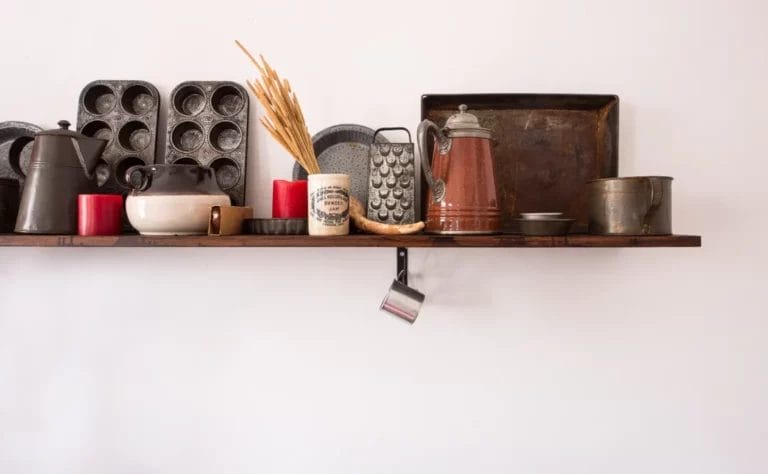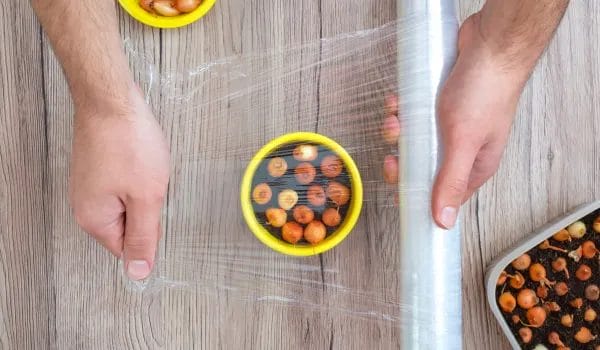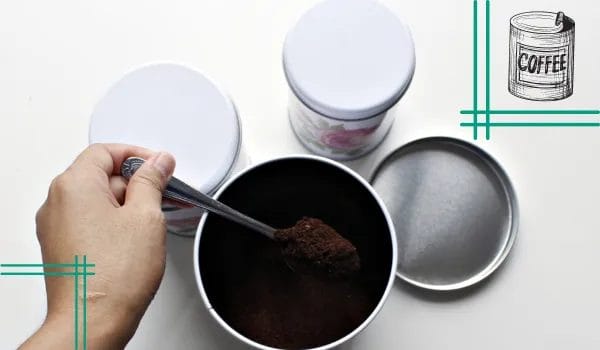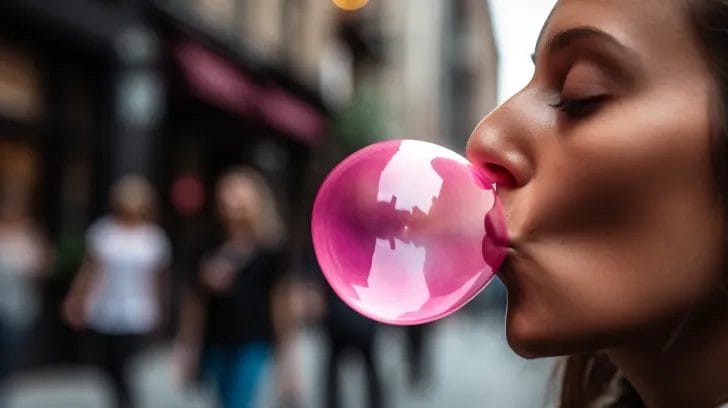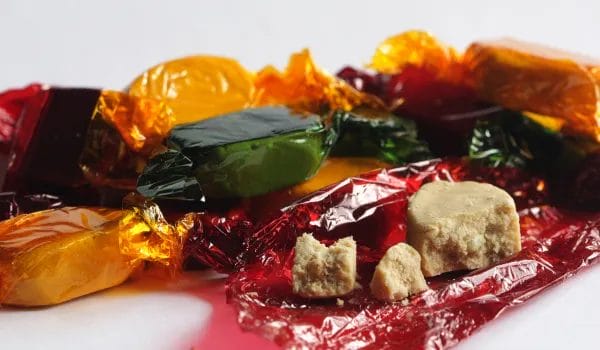The 9 Best Eco-Friendly Alternatives To Aluminum Foil
Discover how to revolutionize your kitchen practices with our top 9 eco-friendly alternatives to aluminum foil, and become a part of the solution to environmental sustainability, one meal at a time!
Tin foil has been a staple in kitchens for as long as people have been cooking. It’s versatile, light, and easy to wrap around food. But it also comes with some drawbacks. If you’re trying to live a more sustainable lifestyle, then there are plenty of reasons why you might want to use something else besides aluminum foil for your next meal. Luckily, there are plenty of alternatives out there that will do the job just as well without leaving behind so much waste!
Here are the 9 best Eco-Friendly Alternatives to Aluminum Foil
1. Reusable cloth food wraps (storage)
When it comes to sustainability, there’s no substitute for cloth. These reusable food wraps are made of cotton, linen, or hemp and can be washed and reused indefinitely. They’re also biodegradable and can be used in the microwave, oven, or on the stovetop—or just as a kitchen napkin.
2. Cedar Wraps (cooking)
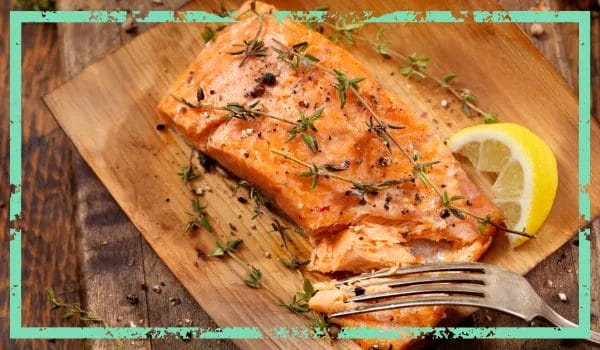
Cedar wraps are a great alternative to aluminum foil. They are made from cedar, which is a sustainable wood source. They come in different sizes and can be used for many things.
Cedar wraps are environmentally friendly because they don’t contain any harmful chemicals like aluminum foil does. Aluminum foil contains BPA (bisphenol A), which is a chemical that has been linked to health problems like cancer and diabetes. It also contains other harmful chemicals like chlorine and antimony, which can leach into food if not properly stored.
Get Your Hand on Your Eco-Friendly Living Starter Guide!
Here is a great cedar-wrapped salmon recipe: https://youtu.be/i-fcPLUC4a8
The Benefits of Using Cedar Wraps as an aluminum foil alternative
- They are reusable, unlike aluminum foil. You do not need to throw out your cedar wraps after one use. They can be washed with warm water and soap and dried before use. You should replace them when they get dirty or damaged, just like any other kitchen utensil or dish rag.
- They can be used in the microwave. Unlike aluminum foil, cedar wraps can be put in the microwave without being damaged by heat or fire! This is great for reheating leftovers or defrosting frozen foods without having to resort to plastic wrap or another non-reusable option that might melt under high temperatures.
3. Silicone pot and pan lids (cooking)
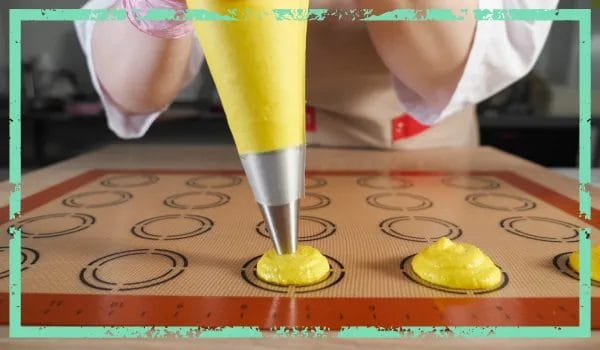
Silicone, in general, is a great alternative to aluminum foil. Silicone lids are perfect for cooking and baking because they’re flexible and can be used in the microwave, oven, or dishwasher.
They also have a longer lifespan than aluminum foil and won’t rust when exposed to water—which makes them perfect for storing leftovers!
4. Silicone baking mats (cooking)
The best thing about silicone baking mats is that they’re reusable, non-stick, and dishwasher-safe. They can be used as a substitute for aluminum foil in almost any recipe, but due to their flexibility, they are especially helpful in lining muffin tins and cake pans.
5. Fabric Food Covers (storage)
These reusable covers make it easy to avoid using aluminum foil altogether. They’re made from 100 percent cotton fabric, which makes them durable and easy to clean (just throw them in the washing machine). Plus, they come in lots of different colors and patterns, so you can pick one that suits your style!
6. Glass Containers (storage & cooking)
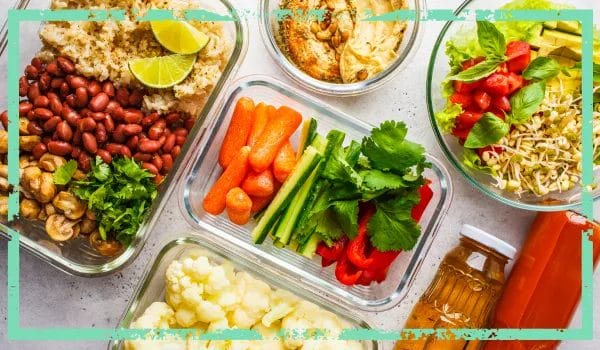
The most obvious way to go green is by using glass containers. While you’ll have to wash them after each use, they are reusable and recyclable. There’s no need to worry about chemicals leaching into your food from plastic wrap or aluminum foil, and they can be used in the oven, microwave, dishwasher, and freezer.
Whatever you do, make sure not to drop or chip them, as getting cut is a major pain.
7. Stainless steel containers

Stainless steel containers are an excellent choice for the environmentally-conscious consumer. Unlike aluminum foil, they can be used over and over again: you can use them to store leftovers in your fridge and then bring them to work with you for lunch. They’re also super easy to clean, so there’s no need for any fancy cleaning solutions or sponges.
They allow you to pack hot or cold food safely—and if you buy ones with lids, they’ll keep bugs out of your food while it’s still fresh in the refrigerator at home or work! If you want even more convenience than that, some stainless steel containers are dishwasher safe, too (so long as they have a lid).
8. Reusable aluminum foil sheets (storage)
Let’s be honest. Sometimes, there is no getting around the use of aluminum foils. In times like this, it is best to reuse what you already have.
Plus, you can save money by reusing aluminum foil sheets instead of buying new foil every time you need to cover something in the oven. And since they’re reusable, they’re kinder to the environment than regular foil. Reusable sheets are made from silicone—the same material that’s used in non-stick pans—and you can use them over and over again without worrying about them getting damaged or contaminated by food spills.
9. Beeswax Food wraps (food storage)
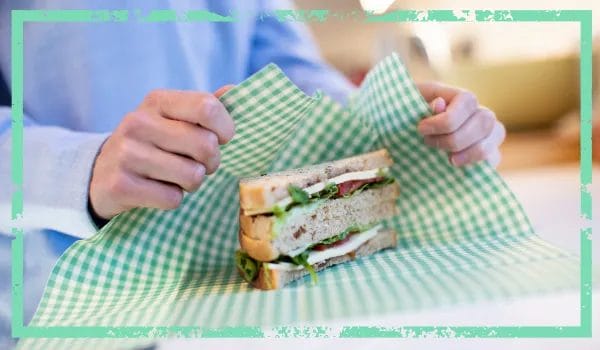
Beeswax food wraps are a great option for anyone looking to reduce the amount of foil they use. They’re made from cotton and beeswax, which makes them reusable and biodegradable. They can be used in the microwave or oven and can be washed in warm soapy water (a dishwasher is not recommended). You can also use them to wrap sandwiches or leftovers, so you won’t need to purchase another material for that purpose.
Why is tin foil bad for the environment?
It seems that aluminum foil has a bit of a bad rap when it comes to its impact on the environment and our health. The production of aluminum foil can be a negative impact on the environment, as it requires large amounts of energy and resources to create.
As for our health, there have been studies that show that ingestion and exposure to high levels of aluminum can also result in serious health problems. It’s even been linked to bone diseases and can accumulate in the kidneys.
However, for healthy adults, the risk appears to be low, and exposure to aluminum from sources such as foil has decreased over the years. So, while it’s important to be aware of the potential risks, there isn’t necessarily cause for alarm.
Aluminum Foil’s negative effects on the environment

- Aluminum Mining Ruins the Environment
- Aluminum Foil Takes Centuries to Decompose
- Aluminum Foil Causes Water Pollution
- Aluminum Leaches into Your Food
- Manufacturing Aluminum Uses a Lot of Energy
- Aluminum Causes Air Pollution
Conclusion
We hope that this article has given you some insight into the world of sustainable alternatives to tin foil. Aluminum is an important resource that we need to protect, but there are many alternatives out there that are just as effective at keeping your food warm and fresh without damaging the environment.
If you’re interested in learning more about how these products work or want help to find one that fits your needs, just reach out! We’re always happy to answer questions from our readers 🙂
FAQ
What can I cover a dish with if I don’t have foil?
Some alternatives to aluminum foil for covering your food are reusable cloth or beeswax food wraps, silicon lid covers, and a glass container with a steel lid.
Is Parchment Paper Safer Than Aluminum Foil?
Parchment paper is generally considered to be safer than aluminum foil when it comes to cooking. Parchment paper is coated with silicone, making it non-stick and heat resistant.
When used in the oven, it is able to withstand temperatures up to 420°F. This makes it an ideal choice for baking, roasting, and air frying. Additionally, parchment paper requires no additional oils or fats, making it a healthier alternative when compared to aluminum foil.

